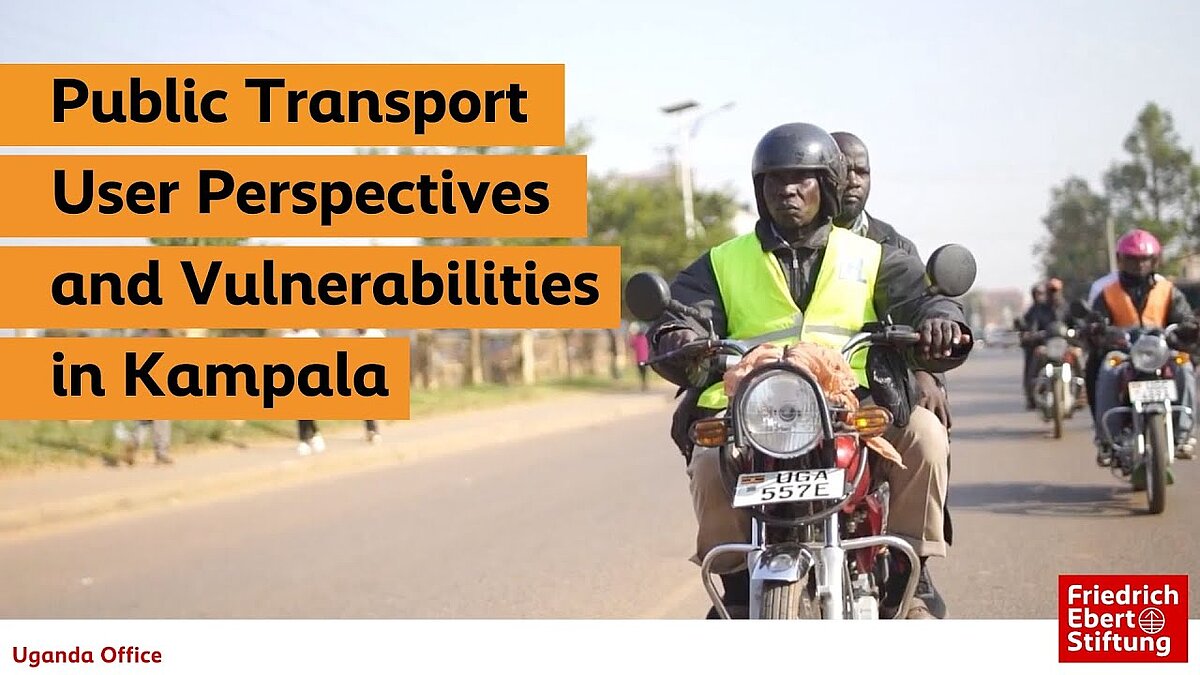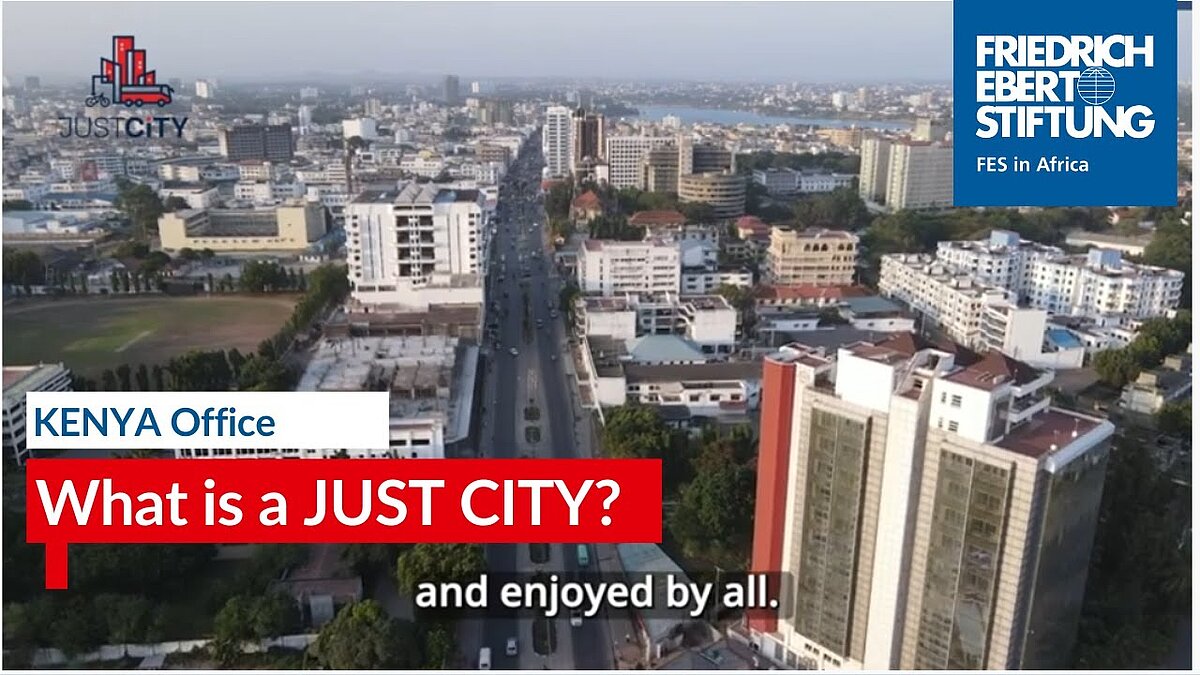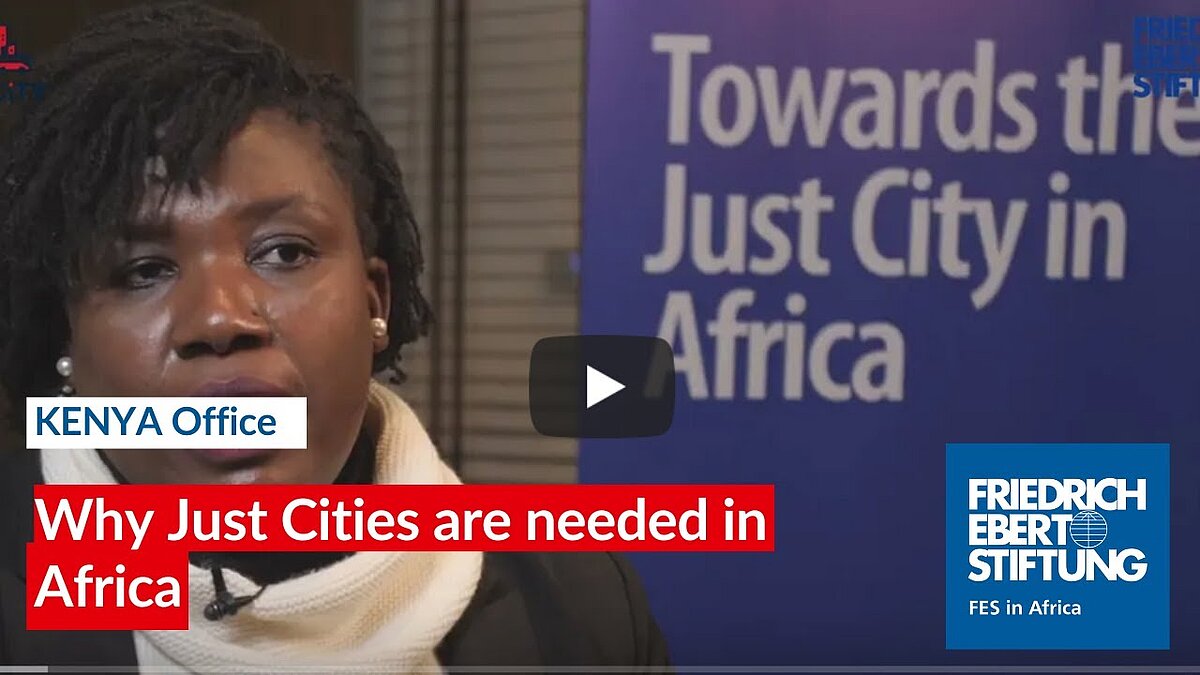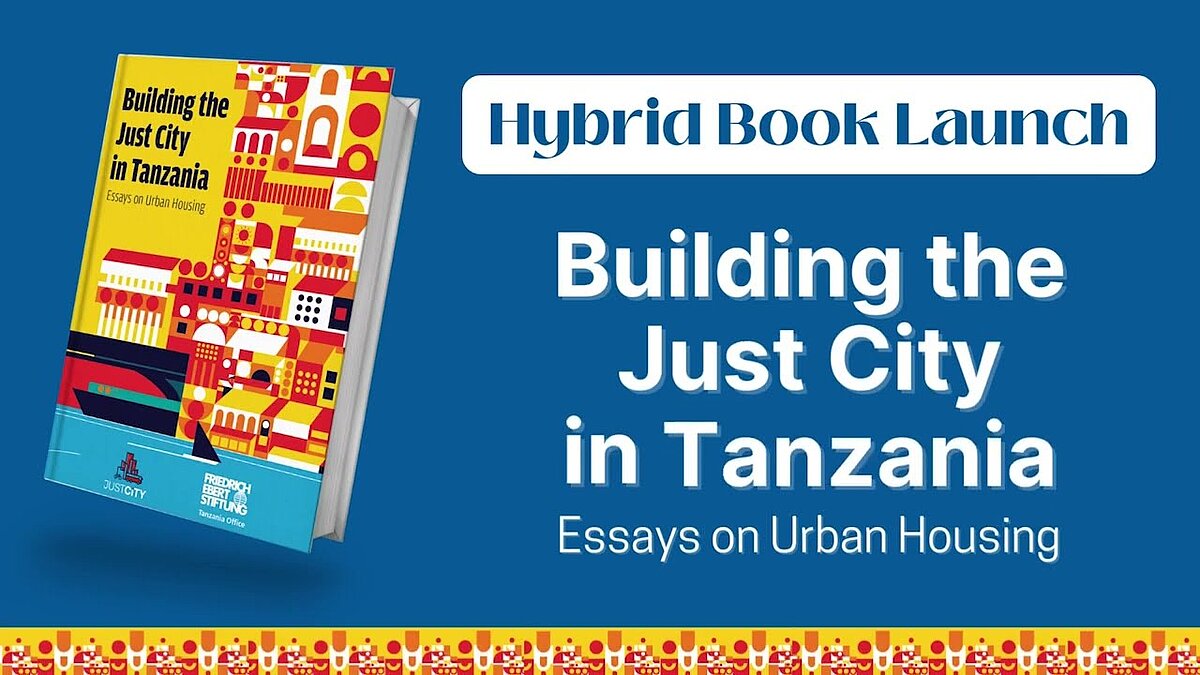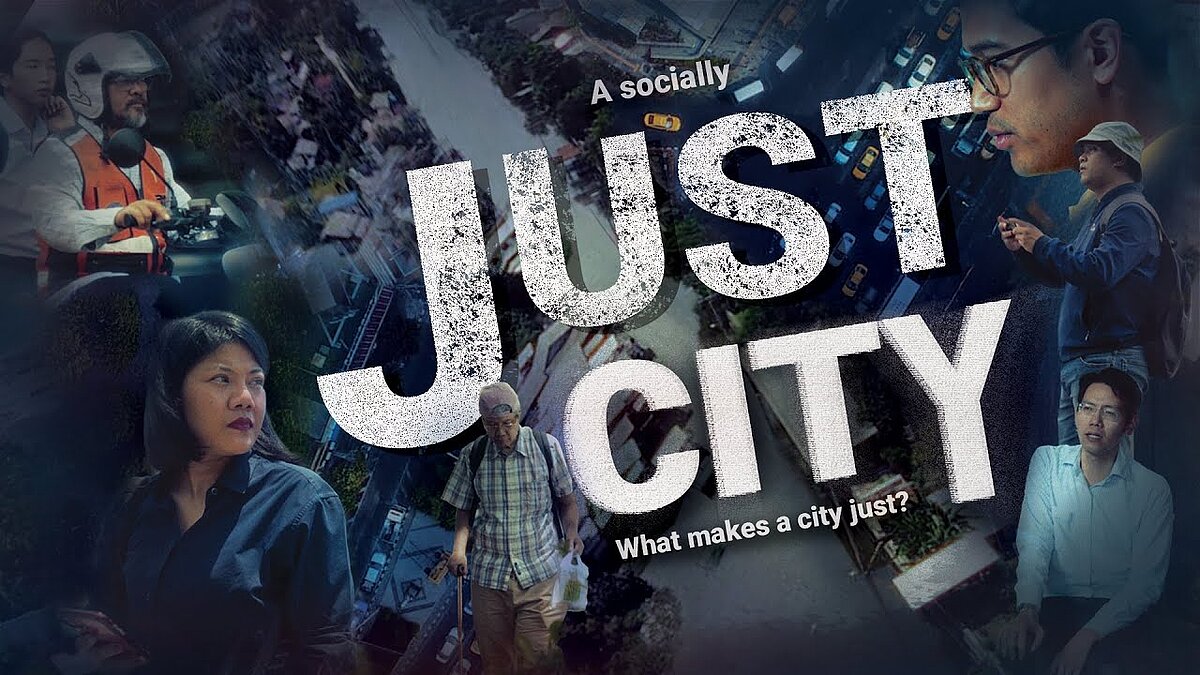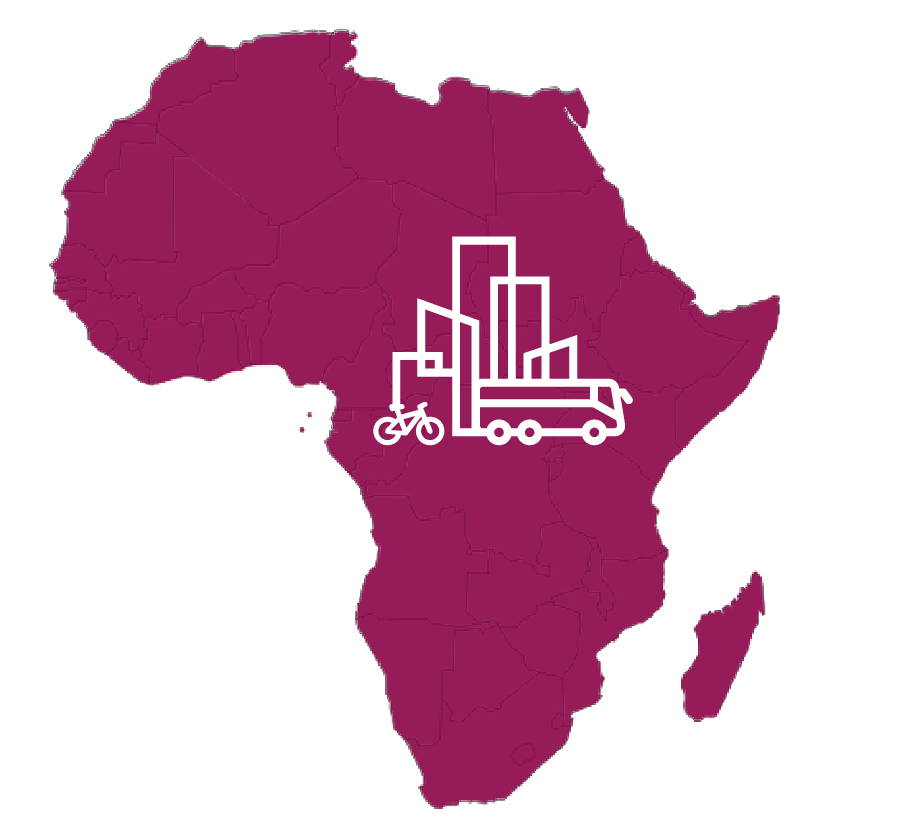Videos
Public Transport User Perspectives and Vulnerabilities in Kampala, Uganda
Africa's urban population is set to double in the next 25 years, with many city dwellers facing informal and precarious living conditions. In Kampala, Uganda's capital, around 1.5 million people depend on informal public transport, dealing with inconsistent routes, fluctuating fares, poor road conditions, safety issues, and limited access for vulnerable groups. The documentary “Ekiku mu Taxi” highlights these challenges, particularly for passengers, and emphasizes the need for a gender-just public transport system. It advocates for women's inclusion in the transport sector and aims to improve fleet quality, accessibility, affordability, and safety to contribute to a Just City.
What is a Just City? (FES Kenya)
Africa's urban population will double over the next 25 years. By 2040 at the latest, a majority of all Africans will be living in cities. Given this development, it is apparent that democratic political legitimacy will increasingly hinge on a socially and gender-equitable provision of public goods and economic opportunities in African cities. Thus far, however, populations have been streaming into "unjust" cities, which were often erected in colonial times and in which historical inequalities have been further compounded by neo-liberal urban policies. Public goods are scarce commodities. This video that is produced by the FES Kenya office, looks at the concept of what a Just City is and what it means to the citizens of Kenya.
Why Just Cities are Needed in Africa (FES Kenya)
Africa’s urban population is set to double by 2040, bringing the majority of Africans to cities plagued by colonial-era inequalities and exacerbated by neoliberal policies. Most city dwellers live in informal settlements without secure jobs or access to public goods. Urbanization is amplifying economic disparities and environmental challenges, while Smart City models may worsen social divisions. The growing urbanization debate highlights the need for democratic, socially just urban policies to ensure equitable access to infrastructure and services, with emerging political movements demanding change in African cities.
Urban Housing Book Release: Opening Remarks and Discussion (FES Tanzania)
"Building the Just City in Tanzania: Essays on Urban Housing" features insights from members of the Just City Platform (JCP) in Tanzania, offering a critical analysis of the urban housing sector. It calls for new approaches aligned with Just City principles—dignity, equity, rights, and democracy—while urging all levels of authority to support this vision. The launch event, held in Dodoma on 21 March 2023, featured presentations by key contributors, including Dr. Angeline Mabula. A recorded video captures the highlights of the event and their reflections on the housing crisis.
Just City: What Makes A City Just? | Full Documentary (FES Asia)
As cities like Bangkok face both urban expansion and climate challenges, building a "just city" requires more than technological solutions—it demands a people-centered approach. This documentary by FES Asia Regional Climate and Energy Project, directed by Phatsurang Dechabuddharungsi, follows three urban dwellers, a housing developer, and a waste hero, showcasing efforts in mobility, energy access, and zero-waste initiatives. Their stories illustrate the social-ecological transformations needed to make Bangkok inclusive, resilient, and sustainable in the face of rapid urbanization and climate crises.
